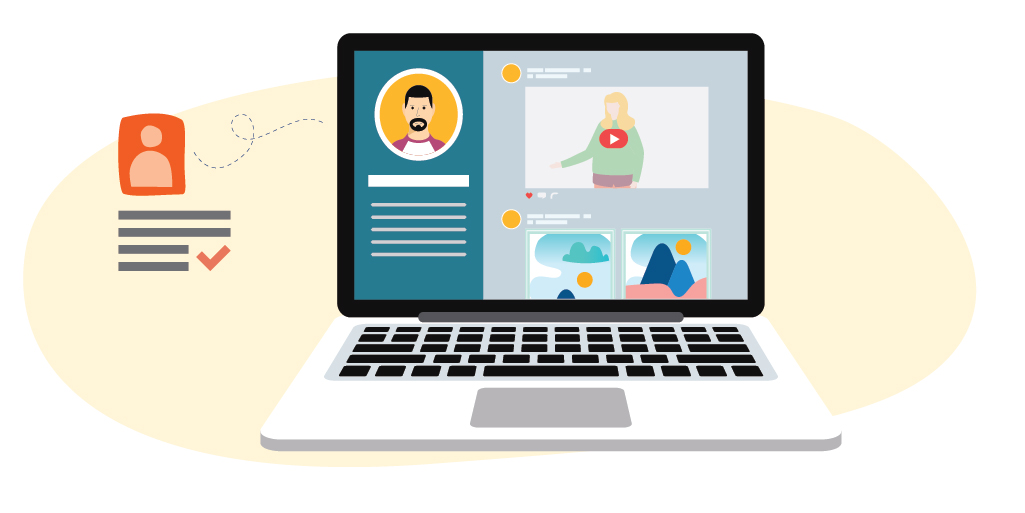
Using social media can be entertaining and educational, connecting us with others. These platforms allow users to share photos, send messages, game with friend, posts blogs and videos and more. Relationships can be formed that can lead to new friendships, business opportunities, romance and even enemies. Cyberbullying can be an adverse effect of using social media. (Read more in the blog: Adult Cyberbullying.)
Doxing is a form of cyberbullying. The term is derived from “dropping docs,” which essentially exposes personal information. Many of us will look at people’s social media pages in an effort to learn more about them. This is normal and curious behavior. Doxing takes it up a level. A doxer will scour through the target’s social media pages gathering as much personal information as possible on the victim. This may include home address, workplace, friends, personal photos, criminal history and phone numbers.The bully will publish this information in order to intentionally intimidate or embarrass the victim. This abuse seeks to shame, scare and distress the target. Sometimes this is also accompanied with a demand for money to cease the online harassment.
An innocent comment on a public page can spark an attack. Jealousy or a general differences of opinion could be enough for the hacker to launch this bombardment. Doxing can be somewhat trivial such as ordering pizza deliveries for the prey or crank emails or magazine subscriptions. But it is possible that doxing can lead to stalking, threats and further harassment.
Motivations for doxing can vary from someone getting their feelings hurt, revenge or a method to make opposing views known. Without limitation to cyberbullying, doxing can be a result of a data breach. The hacker will want money or other demands met from the company, and if the demands are not met, the hacker will release the personal information from the database to the public.
Anyone can be a victim of doxing. If you ever posted online, participated in social media, responded to online surveys or made online purchases, your information is out there. So how can you protect yourself?
- Make your social media sites private.
- Delete old profiles no longer used.
- Delete old apps. Restrict app access to your personal data (contacts, photos, location).
- Do not post personal information or pictures on public sites.
- Avoid online quizzes. These may be fun and seemingly innocent but they collect information about you.
- Connect with a VPN.
- Use strong and unique passwords. Turn on multi-factor authentication (MFA).
